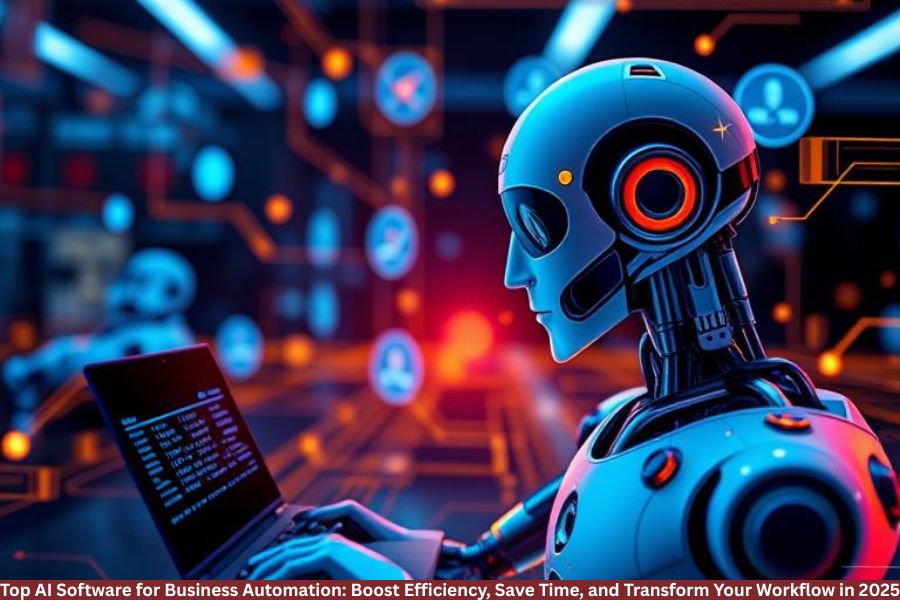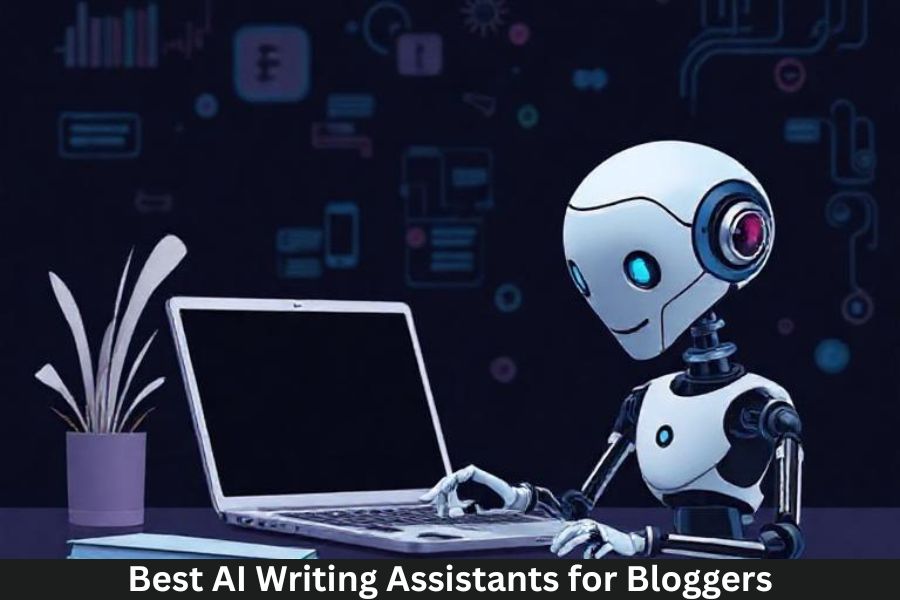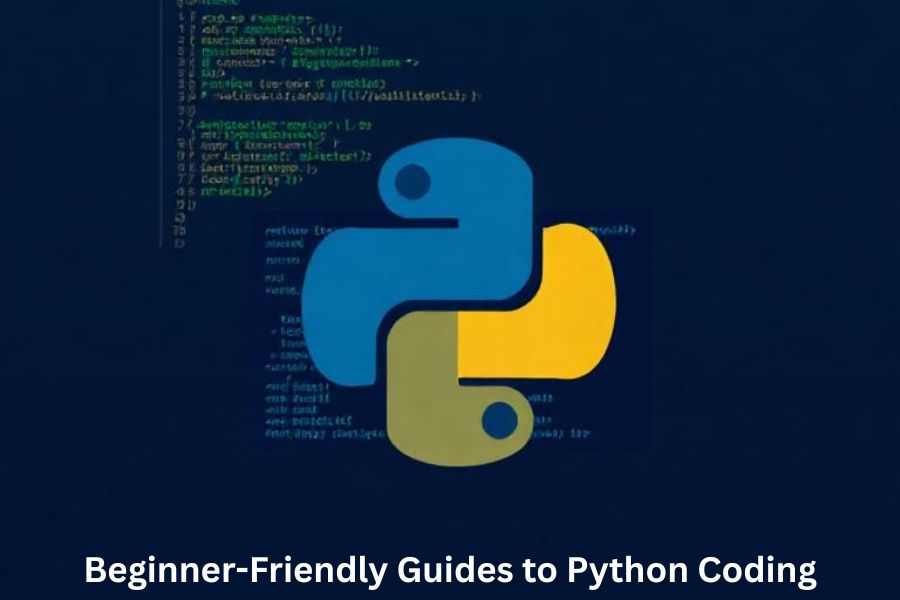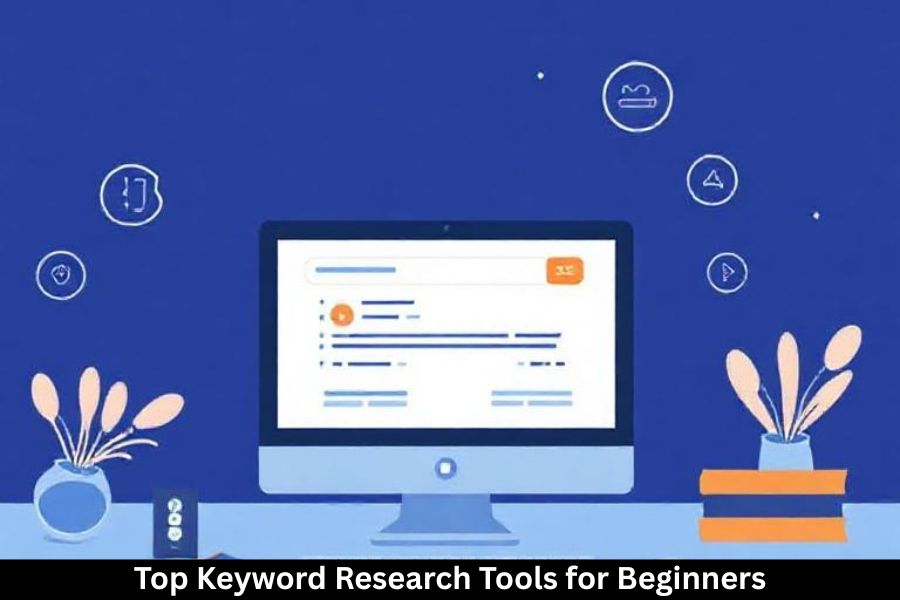AI in business automation refers to using smart software systems to perform routine or complex tasks with minimal human input. These tools analyze data, learn patterns, and make intelligent decisions that improve speed and efficiency.
In short, AI helps businesses save time, reduce costs, and eliminate human error—all while delivering better outcomes.
Why Businesses Need AI for Automation
Automation powered by AI doesn’t just mean faster results—it means smarter operations. Businesses today use AI to handle customer queries, analyze financial data, and even predict sales trends.
Some major reasons companies adopt AI automation include:
- Increased productivity
- Improved customer satisfaction
- Enhanced decision-making
- Reduced operational costs
- Real-time insights and analytics
Which AI Is Best for Automation?
Choosing the best AI software depends on your business type and needs. However, here are some of the top AI tools for automation that stand out:
ChatGPT by OpenAI
Ideal for customer support, content creation, and data analysis. It can automate conversations, emails, and documentation with natural language understanding.
IBM Watson
A leading AI solution offering automation for analytics, customer service, and marketing. It’s known for its advanced machine learning and NLP capabilities.
UiPath
Focused on Robotic Process Automation (RPA), UiPath automates repetitive business processes like invoice processing or data entry efficiently.
Zapier
Perfect for small businesses, Zapier automates workflows by connecting multiple apps. For example, it can automatically send a Slack message when a new sale is made.
Google Cloud AI
Offers tools for data analysis, automation, and predictive insights. Businesses use it for scaling AI models and improving decision-making.
Which AI Tool Is Best for Business?
When it comes to enhancing sales, marketing, and customer relationships, the following tools are game-changers:
HubSpot AI
HubSpot uses AI to automate marketing campaigns, lead scoring, and content recommendations—helping businesses grow smarter and faster.
Salesforce Einstein
An integrated AI system that predicts customer behavior and automates CRM processes. It’s ideal for sales-driven organizations.
Zoho Zia
Zoho’s AI assistant automates business tasks, analyzes trends, and assists in CRM activities to boost productivity.
Which AI Tool Is Used for Process Automation in Business?
For large-scale business process automation, these tools are industry favorites:
UiPath
Streamlines business workflows using RPA technology, helping enterprises save hours of manual effort.
Automation Anywhere
Known for its intelligent digital workforce, it automates complex processes like financial reporting and HR onboarding.
Blue Prism
A reliable RPA platform that integrates seamlessly with existing business systems to automate tasks securely.
How to Automate Business with AI
Automating your business with AI is easier than it sounds. Follow these steps:
1. Identify Repetitive Tasks
Start by listing manual, time-consuming activities like data entry or customer follow-ups.
2. Choose the Right AI Tools
Pick tools that fit your business goals. For instance, use ChatGPT for communication tasks or UiPath for operational automation.
3. Integrate AI into Business Systems
Ensure your AI tools work smoothly with your CRM, ERP, or accounting platforms.
4. Train Your Teams
Provide employees with basic training on how to use AI tools effectively.
5. Monitor and Optimize Performance
Regularly analyze the impact of AI on productivity and make adjustments when necessary.
What Are the 4 Types of AI Software?
Understanding the main types of AI software helps businesses choose the right tools.
1. Reactive Machines
These AI systems perform specific tasks but cannot learn or store past data. Example: IBM’s Deep Blue.
2. Limited Memory AI
They learn from historical data and make better decisions. Example: ChatGPT, self-driving cars.
3. Theory of Mind AI
This is a developing form of AI that can understand emotions, intentions, and human behavior.
4. Self-Aware AI
The most advanced (and still theoretical) AI type that possesses self-awareness and consciousness.
Benefits of Using AI for Business Automation
- Cuts down human error
- Enhances customer engagement
- Improves resource utilization
- Enables 24/7 operations
- Provides data-driven insights
Top Industries Leveraging AI Automation
- Finance: Fraud detection and data analysis
- Healthcare: Patient monitoring and diagnosis support
- Retail: Personalized recommendations
- Manufacturing: Predictive maintenance
- Marketing: Customer segmentation and targeting
Common Challenges in AI Implementation
While powerful, AI automation comes with a few challenges:
- High initial costs
- Data privacy concerns
- Integration issues with legacy systems
- Need for skilled professionals
Future Trends in AI Business Automation
The future of AI in business looks bright. Expect more innovations like autonomous decision-making systems, AI-driven cybersecurity, and emotion-recognition technologies.
How Small Businesses Can Benefit from AI Tools
Small businesses can use AI to compete with big players by:
- Automating social media marketing
- Managing customer relationships
- Streamlining inventory management
- Using chatbots for 24/7 support
Tips for Choosing the Right AI Software
- Define your goals clearly
- Compare pricing and scalability
- Look for easy integration
- Prioritize security and support
- Test the tool before committing
Conclusion
AI has become the driving force behind modern business automation. From managing customer interactions to optimizing supply chains, AI tools are empowering businesses of all sizes to operate smarter and faster. Whether you’re using UiPath for process automation or Salesforce Einstein for CRM, the right AI software can transform how your business grows and succeeds.
FAQs
1. Which AI is best for automation?
UiPath and IBM Watson are among the best for automation due to their robust RPA and cognitive features.
2. Which AI tool is best for business?
Salesforce Einstein and HubSpot AI are ideal for business growth and customer management.
3. Which AI tool is used for process automation in business?
UiPath, Blue Prism, and Automation Anywhere are leading RPA platforms for process automation.
4. How to automate business with AI?
Identify repetitive tasks, select the right AI tools, integrate them into your system, and track results.
5. What are the 4 types of AI software?
Reactive Machines, Limited Memory AI, Theory of Mind AI, and Self-Aware AI.



